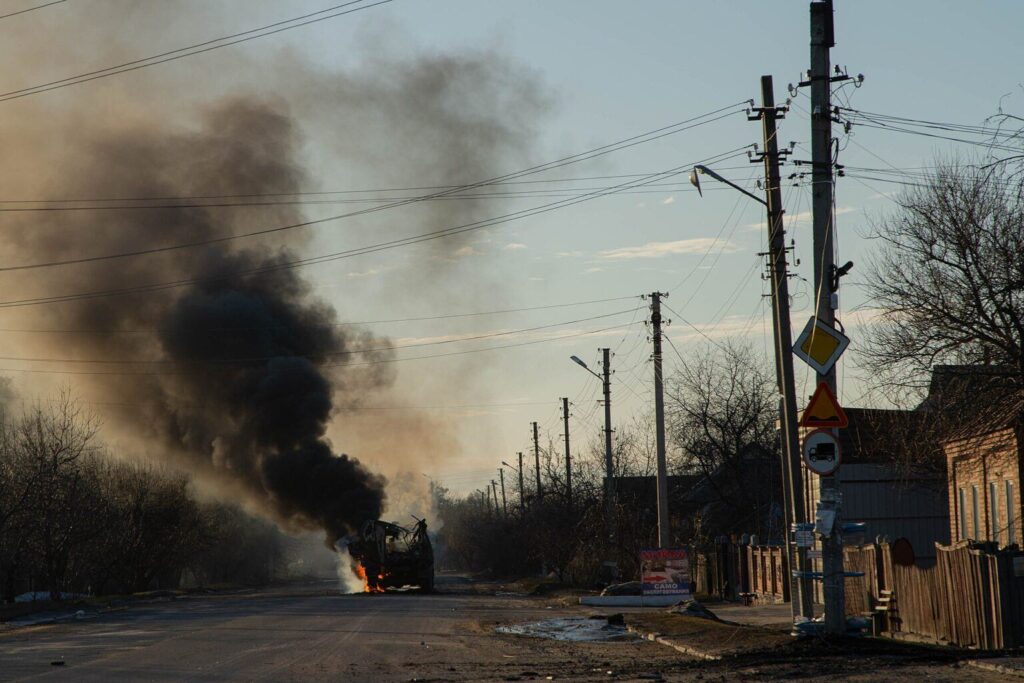Russia and US Uranium
In March 2022, Senator John Barrasso (R-WY) introduced several bills calling for a ban on Russian uranium as a way to cut off funds for the war in Ukraine and also boost domestic uranium production. Although environmentalists applaud the Russian uranium ban, they are concerned that an expansion of domestic mining will have adverse effects on the environment and surrounding communities.





